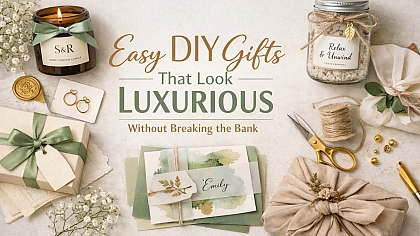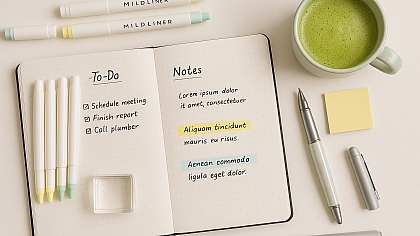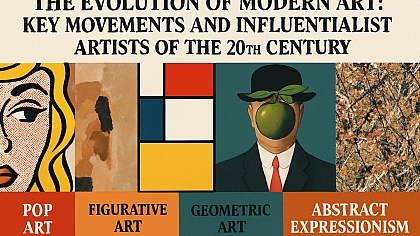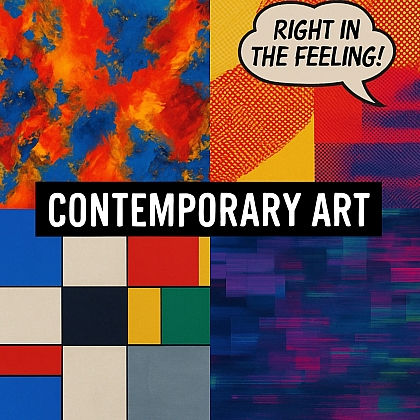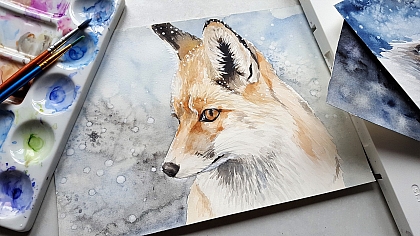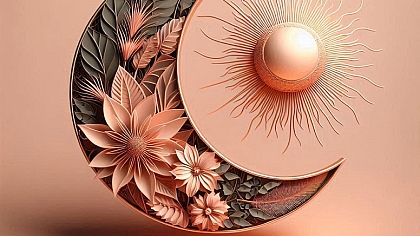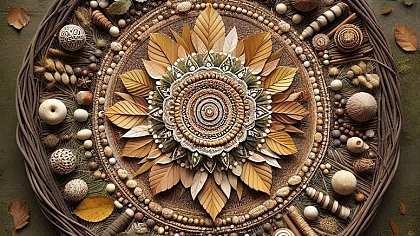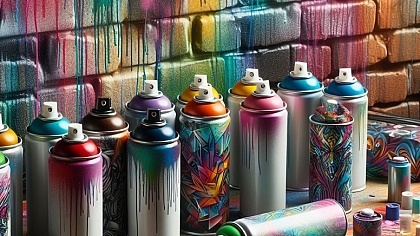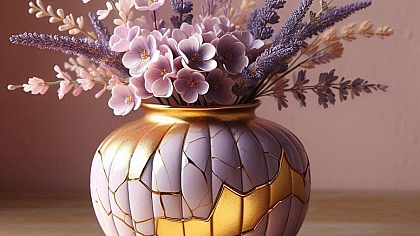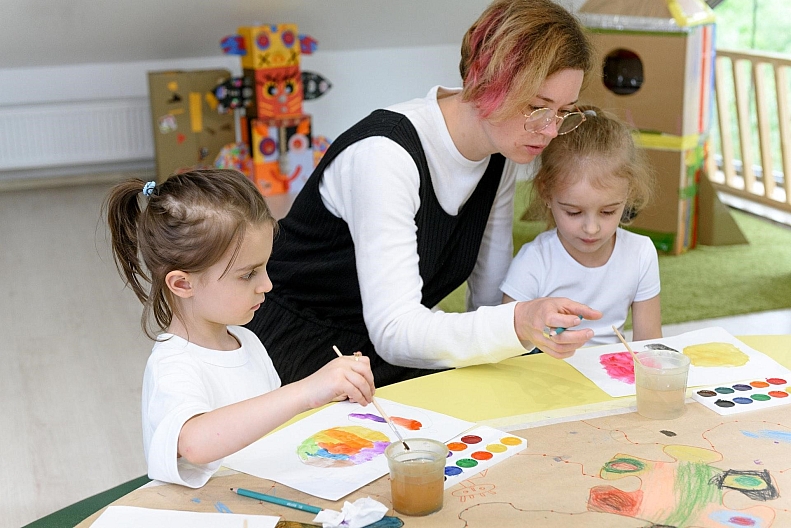
Nurturing Creativity:
Involving Children with Learning Disabilities in the Arts
Art is a universal language that transcends barriers, and its benefits for children with learning disabilities are boundless. Engaging in artistic activities can enhance cognitive abilities, foster emotional growth, and provide a platform for self-expression.
In the UK, where inclusivity is a core value, there are several innovative approaches to involve children with learning disabilities in the arts. Explore strategies that not only encourage participation but also cultivate a lifelong appreciation for creativity.
Consider the Benefits of Art Therapy
Partnering with occupational therapists is a powerful way to harness the potential of art therapy. Therapists can employ creative expression to enhance cognitive, emotional, and sensory development by tailoring art sessions to a child's specific needs. This approach empowers children to communicate their thoughts and feelings non-verbally, allowing them to build confidence.
Use the Buddy System
The buddy system is a remarkable tool for creating a supportive environment. By pairing children with and without disabilities, teamwork and mutual encouragement flourish. We Are Teachers explains that children learn from one another's strengths and perspectives through collaborative art projects. This system promotes inclusion and nurtures empathy and understanding among young minds.
Celebrate Your Child’s Accomplishments
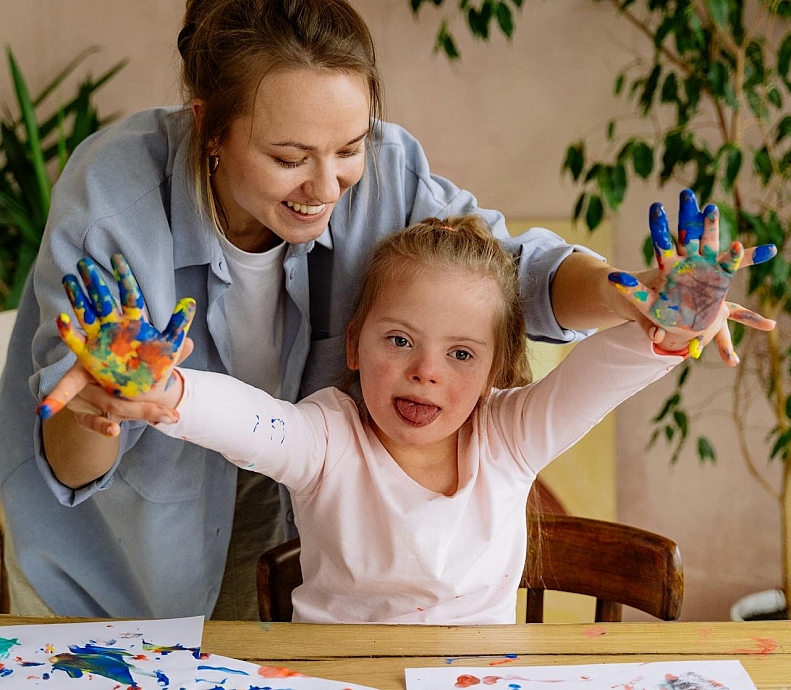
Celebrating children's accomplishments through public art showcases can be a powerful motivator. Providing opportunities for them to exhibit their artwork in prominent spaces not only boosts their self-esteem but also shows the world the incredible talents that lie within them. These showcases help to break down stigmas associated with learning disabilities and promote a culture of appreciation for diverse forms of expression.
Find Engaging Art Activities
Learning should always be enjoyable, and incorporating art games and puzzles into educational sessions achieves just that. These activities fuse entertainment with intellectual stimulation, ensuring that children remain engaged and eager to participate. As they solve artistic challenges, they unknowingly enhance their problem-solving skills and creativity.
Look Into Different Mediums
Every child is unique, and their preferred medium of expression can vary greatly. Little Nest Preschool notes that introducing children to a wide range of artistic mediums, from traditional painting to digital media and sculpture, empowers them to discover what resonates with them the most. This exploration not only helps develop their artistic skills but also assists them in finding their voice through their chosen medium.
Personalised Art Mentoring
For children who require additional guidance, personalised art mentoring offers a tailored approach. One-on-one sessions provide the opportunity to focus on individual needs and strengths, ensuring that every child receives the support they require to excel. This approach acknowledges that every child's journey is different and aims to provide the tools for success.
Shared Discoveries
Engaging your child in the world of art can lead to shared discoveries. As you nurture their passion, you might uncover your creative inclinations as well. This shared journey could pave the way for art-related careers or hobbies, such as crafting unique products or designing jewellery. These shared experiences strengthen family bonds and create lasting memories.
In the UK, the arts are an open door for children with learning disabilities to explore their potential. By adopting strategies like art therapy collaboration, the buddy system, public showcases, engaging activities, diverse mediums, personalised mentoring, and shared discoveries, parents, educators, and communities can foster an environment where every child's creativity is celebrated.
Through these approaches, not only are artistic abilities nurtured, but life skills, confidence, and a deeper connection to creativity are also cultivated, laying the foundation for a brighter and more inclusive future.
Daslia specialises in unique handmade cards, bespoke canvas paintings, and personalised gifts, as well as offering a wealth of information about arts and crafts. Shop online today or contact us for more info!
